Travel At The Speed Of Light (almost).
Travel at the speed of light (almost).
Three Ways to Travel at (Nearly) the Speed of Light

One hundred years ago, Einstein’s theory of general relativity was supported by the results of a solar eclipse experiment. Even before that, Einstein had developed the theory of special relativity — a way of understanding how light travels through space.
Particles of light — photons — travel through a vacuum at a constant pace of more than 670 million miles per hour.

All across space, from black holes to our near-Earth environment, particles are being accelerated to incredible speeds — some even reaching 99.9% the speed of light! By studying these super fast particles, we can learn more about our galactic neighborhood.
Here are three ways particles can accelerate:
1) Electromagnetic Fields!
Electromagnetic fields are the same forces that keep magnets on your fridge! The two components — electric and magnetic fields — work together to whisk particles at super fast speeds throughout the universe. In the right conditions, electromagnetic fields can accelerate particles at near-light-speed.

We can harness electric fields to accelerate particles to similar speeds on Earth! Particle accelerators, like the Large Hadron Collider and Fermilab, use pulsed electromagnetic fields to smash together particles and produce collisions with immense amounts of energy. These experiments help scientists understand the Big Bang and how it shaped the universe!
2) Magnetic Explosions!

Magnetic fields are everywhere in space, encircling Earth and spanning the solar system. When these magnetic fields run into each other, they can become tangled. When the tension between the crossed lines becomes too great, the lines explosively snap and realign in a process known as magnetic reconnection. Scientists suspect this is one way that particles — for example, the solar wind, which is the constant stream of charged particles from the Sun — are sped up to super fast speeds.

When magnetic reconnection occurs on the side of Earth facing away from the Sun, the particles can be hurled into Earth’s upper atmosphere where they spark the auroras.
3) Wave-Particle Interactions!

Particles can be accelerated by interactions with electromagnetic waves, called wave-particle interactions. When electromagnetic waves collide, their fields can become compressed. Charged particles bounce back and forth between the waves, like a ball bouncing between two merging walls. These types of interactions are constantly occurring in near-Earth space and are responsible for damaging electronics on spacecraft and satellites in space.

Wave-particle interactions might also be responsible for accelerating some cosmic rays from outside our solar system. After a supernova explosion, a hot, dense shell of compressed gas called a blast wave is ejected away from the stellar core. Wave-particle interactions in these bubbles can launch high-energy cosmic rays at 99.6% the speed of light.
Make sure to follow us on Tumblr for your regular dose of space: http://nasa.tumblr.com.
More Posts from Artldy and Others
Sweet.

Caught While Awake. Photo source.

If one remembers this particular episode from the popular sitcom ‘Friends’ where Ross is trying to carry a sofa to his apartment, it seems that moving a sofa up the stairs is ridiculously hard.
But life shouldn’t be that hard now should it?
The mathematician Leo Moser posed in 1966 the following curious mathematical problem: what is the shape of largest area in the plane that can be moved around a right-angled corner in a two-dimensional hallway of width 1? This question became known as the moving sofa problem, and is still unsolved fifty years after it was first asked.
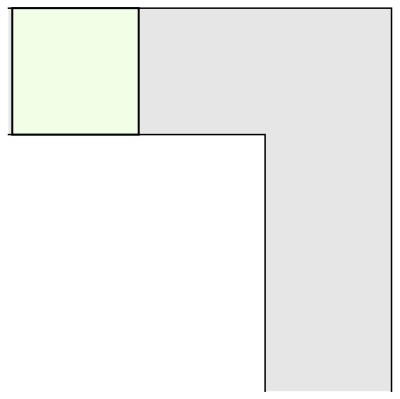
The most common shape to move around a tight right angled corner is a square.
And another common shape that would satisfy this criterion is a semi-circle.
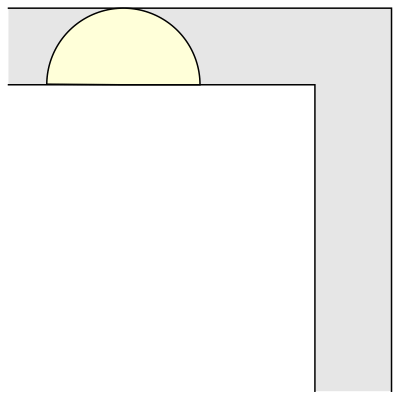
But what is the largest area that can be moved around?
Well, it has been conjectured that the shape with the largest area that one can move around a corner is known as “Gerver’s sofa”. And it looks like so:
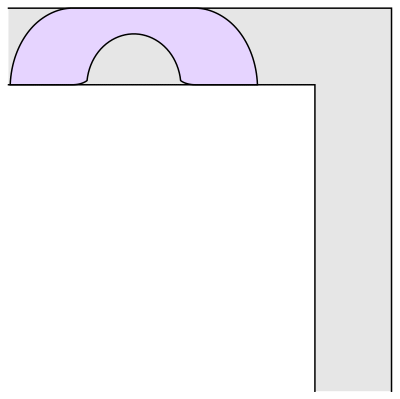
Wait.. Hang on a second
This sofa would only be effective for right handed turns. One can clearly see that if we have to turn left somewhere we would be kind of in a tough spot.
Prof.Romik from the University of California, Davis has proposed this shape popularly know as Romik’s ambidextrous sofa that solves this problem.
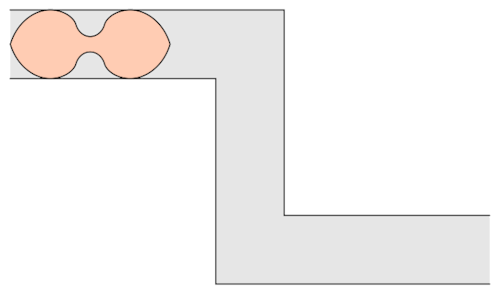
Although Prof.Romik’s sofa may/may not be the not the optimal solution, it is definitely is a breakthrough since this can pave the way for more complex ideas in mathematical analysis and more importantly sofa design.

Have a good one!
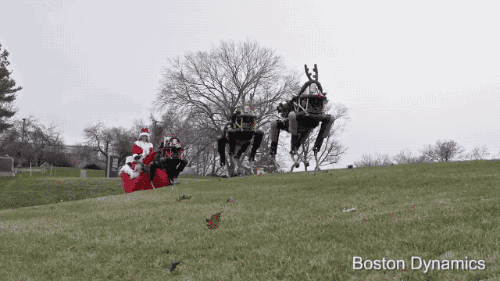





Solidarity!
I made a mini comic about a few of the similarities between ADHD and Autism, Featuring Valerie and Sophie (and Zacharie)
💖About MWDH 💖 Support on Patreon 💖 Buy me a Coffee? 💖

Sumerset Maugham, Max Ernest and kitties on a love-the-kitty-moment.


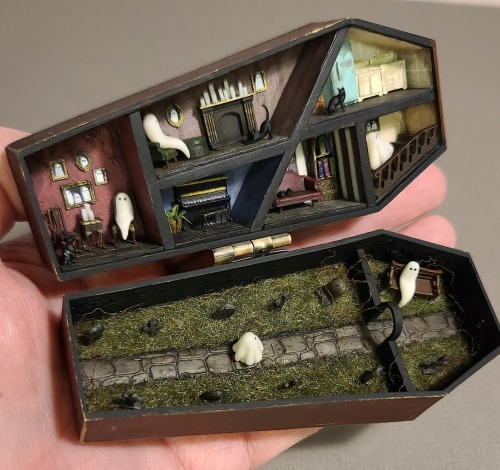
Miniature Coffin Ghosthouses // Blacklillybee
I like this, now that’s spirit!

A Skeleton of Found Roots and Tree Limbs Heralds the Beginning of Fall in Italy




I like old maps. How about you?

Wednesday? Map Day! A while back we shared the all the portions of this enormous 1867 map except for the southeast quadrant. So here you go!
We can only provide this massive beast in quarters because the digital map in its entirety is far too large to upload. That being said, you can find the whole thing right here.
-
 thedoublelettersc liked this · 6 months ago
thedoublelettersc liked this · 6 months ago -
 annallzs0 liked this · 7 months ago
annallzs0 liked this · 7 months ago -
 deusadalua reblogged this · 9 months ago
deusadalua reblogged this · 9 months ago -
 gradde1303rs liked this · 9 months ago
gradde1303rs liked this · 9 months ago -
 mreullogy liked this · 9 months ago
mreullogy liked this · 9 months ago -
 thelatestwhatever liked this · 9 months ago
thelatestwhatever liked this · 9 months ago -
 alieba liked this · 9 months ago
alieba liked this · 9 months ago -
 sid766 reblogged this · 9 months ago
sid766 reblogged this · 9 months ago -
 saskey7 reblogged this · 11 months ago
saskey7 reblogged this · 11 months ago -
 onlythoughtdaughter reblogged this · 1 year ago
onlythoughtdaughter reblogged this · 1 year ago -
 ortespasimnetf liked this · 1 year ago
ortespasimnetf liked this · 1 year ago -
 stitchlingbelle reblogged this · 1 year ago
stitchlingbelle reblogged this · 1 year ago -
 theresah331 reblogged this · 2 years ago
theresah331 reblogged this · 2 years ago -
 theresah331 liked this · 2 years ago
theresah331 liked this · 2 years ago -
 theresah331 reblogged this · 2 years ago
theresah331 reblogged this · 2 years ago -
 meteoraferzie liked this · 3 years ago
meteoraferzie liked this · 3 years ago